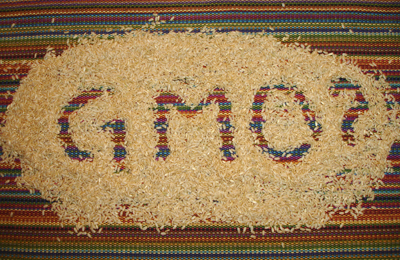
Genetically Modified Rice in Opposition to GMO Crops China Rejects Genetically Modified Rice in Opposition to GMO Crops
Andre Evans NaturalSociety
As awareness of genetically modified food and the dangers associated increase, actions are being taken to eliminate the issue entirely. With countries destroying their GMO crops, scientists showing the facts, and individuals voicing their discontent on the matter, there is a large and growing contingent across countries that are taking action to preserve the integrity of our food supply. China is the latest nation to take a stand against GMO crops.

China recently suspended the distribution of genetically modified rice within its commercial food supplies.
Rice, being perhaps the most common and prominently used food within Chinese diet makes its safety and reliability very significant. Acting as a staple food for over 1.3 billion Chinese people, any compromise to the integrity of their food supply should be accordingly assessed and acted against based upon the interests of the population.
This action helps to preserve the sovereignty and safety of their food supply, something that largely must still be addressed in our own country. In the United States GMO foods are not only accepted by loose regulation standards, but are not even labeled appropriately.
The dangers of GMO foods are so great that they are still not — and may never be — fully assessable. With a large number of documented negative effects on its consumers, GMO foods are a highly dangerous threat to individual health alone.
If this weren’t enough, genetically engineered crops actually threaten the integrity of the food supply altogether by devastating the environment with powerful superweeds and mutant bugs. The nature of genetic engineering is so volatile that unless properly handled, the integrity of the entire world food supply could be ruined.
As such, any form of action that a government takes to prevent or eliminate GMOs from the equation is significant. Reassessing the nature and scale of the threat in light of new evidence should compel even more action in even more locations around the world.
